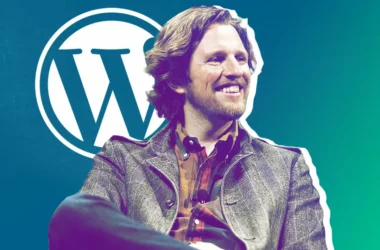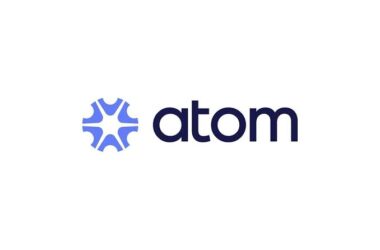Days after WP Engine obtained a preliminary injunction against WordPress co-creator Matt Mullenweg and rival hosting provider Automattic, Mullenweg announced that WordPress.org will be closed for the holidays.
WordPress.org, a site that provides the community with access to WordPress plug-ins, themes, and other artifacts, will discontinue free services such as new account registrations, new plug-ins, themes, photo directory submissions, and plug-in reviews, Mullenweg announced in a blog post.
In response, Joost de Valk, the former CEO of WordPress-based SEO optimization service Yoast, published a blog post discussing a federated and autonomous approach to WordPress. Karim Marucchi, CEO of enterprise web consultancy firm Crowd Favorite, supported his views in a second blog post.
“We, the WordPress community, need to decide if we’re OK being led by a single person who controls everything and might do things we disagree with or if we want something else. For a project whose tagline is ‘Democratizing publishing,’ we’ve been very low on exactly that: democracy,” de Valk said.

Creating a WordPress Foundation-like organization to oversee the project and transferring all community resources, including themes and plug-ins, to that organization were the five issues de Valk raised in his post. Additionally, he recommended making the WordPress trademark publicly available. Automattic has a sole commercial license for the trademark, which is owned by the WordPress Foundation.
Additionally, he stated that data should be shared among these servers and that all plug-in mirrors should be federated. Mullenweg took control of WP Engine’s Advanced Custom Fields plug-in and renamed it Secure Custom Fields in October after he prohibited WP Engine from accessing WordPress.org. According to De Valk’s blog article, such circumstances shouldn’t recur.
Mullenweg suggested that de Valk should pursue this project under a different name than WordPress in his comment on his post. “This is a fantastic concept, in my opinion, for you to spearhead and carry out under a different name than WordPress. Without starting from scratch in terms of branding, trademarks, and people’s perspectives, it is truly impossible to achieve all of your goals, Mullenweg stated.
There have been proposals to alter the governance structure of open source WordPress since Mullenweg and WP Engine clashed in September. In an open letter earlier this month, 20 signatories—among them prominent WordPress contributors—criticized Mullenweg’s conduct and asked him to look at “community-minded solutions.”
Mullenweg has vigorously supported the community’s present operating style, even though he has been receptive to and even embraced the ideas of WordPress forks.
De Valk stated that he will consult with prominent members of the WordPress community in January to determine the next course of action. In a post on X, WP Engine praised this endeavor and pledged to collaborate with other leaders on the project.
“WordPress’s success as the most widely used CMS is not the achievement of any one person or a single piece of open source code. It is the result of a global community — thousands of developers, agencies, businesses, and others — who have invested their time, talent, trust, and resources in advocating for, supporting, and building the global WordPress ecosystem and technology,” the company said.
We at ebharat.com, are on a mission to educate masses about internet, domain names and their potential.








